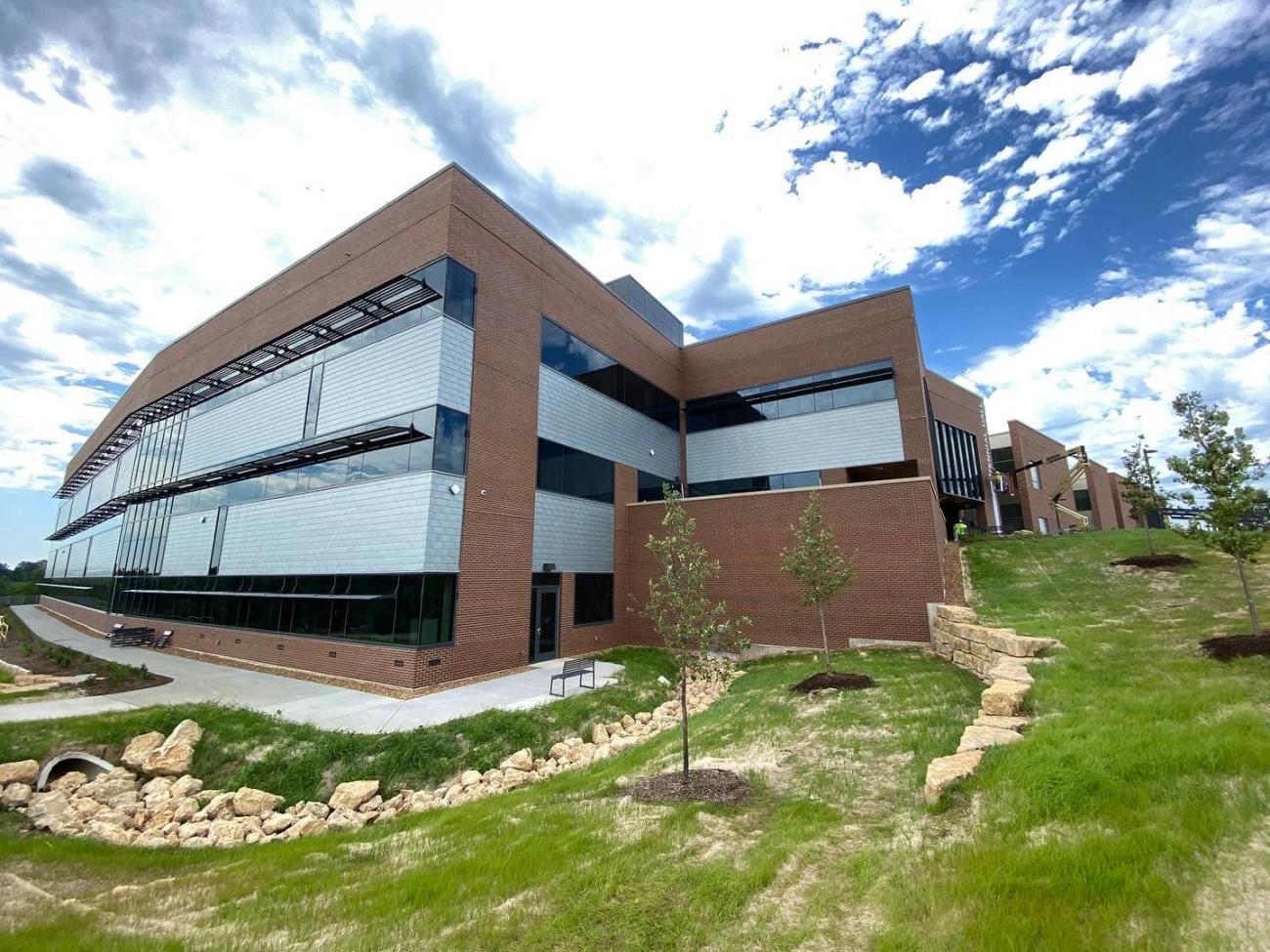Think Beyond Boundaries
The University of Wisconsin-Platteville is bringing innovation to campus in the form of Sesquicentennial Hall. This new building joins Busby Hall of Engineering to create a 200,000 square foot complex to support interdisciplinary engineering and computer science. A massive Innovation Center, an accessible green roof, exposed building infrastructure, and several state-of-the-art teaching laboratories make the building itself a learning tool and a national exemplar for transforming engineering education.
Sesquicentennial Hall will transform the way that UW-Platteville educates the next generation of engineering leaders. It unites all engineering disciplines, computer science, and the sustainable and renewable energy systems (SRES) program under one roof. The building itself serves as a teaching tool, to include exposed infrastructure, data-generating building systems to be used in a variety of classes, and an energy-isolated space in which students and faculty can explore building-specific questions in the hands-on manner for which UW-Platteville is well-known. The building connects to existing Busby Hall of Engineering.

- Three classrooms, including two active learning classrooms
- Huff Family Innovation Center, where students can turn their idea, progressively, into a design, a prototype, and a business plan
- Accessible green roof
- Five cross-functional and shared teaching laboratories
- Presto Mechanical and Industrial Engineering Senior Design Lab and MSA Professional Services Civil and Environmental Engineering Senior Design Classroom
- Laboratories to support undergraduate research
- Extensive student study space
- Strand Associates Inc. CenterPOINT (i.e., staffed study spaces managed by College of EMS Student Success Programs)
- Plexus Women in STEM Center
- Conference rooms and a coffee shop
- Offices for faculty and staff, as well as the College of Engineering Mathematics and Science Dean’s office
UW-Platteville’s commitment to sustainable design and a greener campus are evident in the decision to seek LEED certification of Sesquicentennial Hall. LEED certification assures that our building will be at the forefront of sustainable design, emphasizing innovative concepts in building operations that create enhanced efficiency in water and energy usage, reduction in waste, and improved air quality.
Construction progress



















